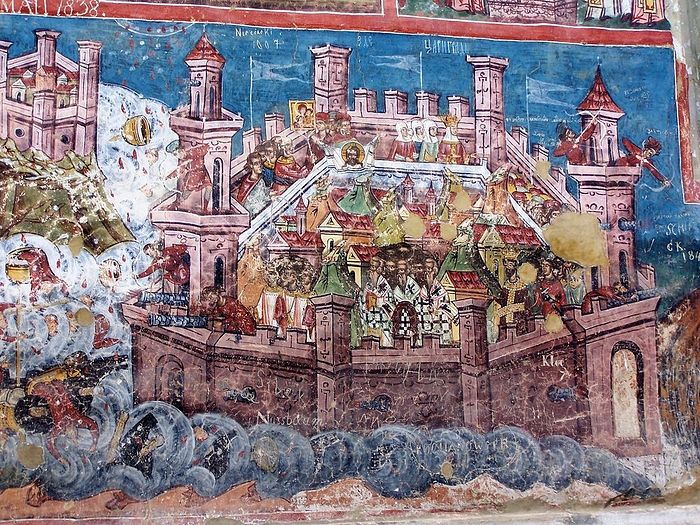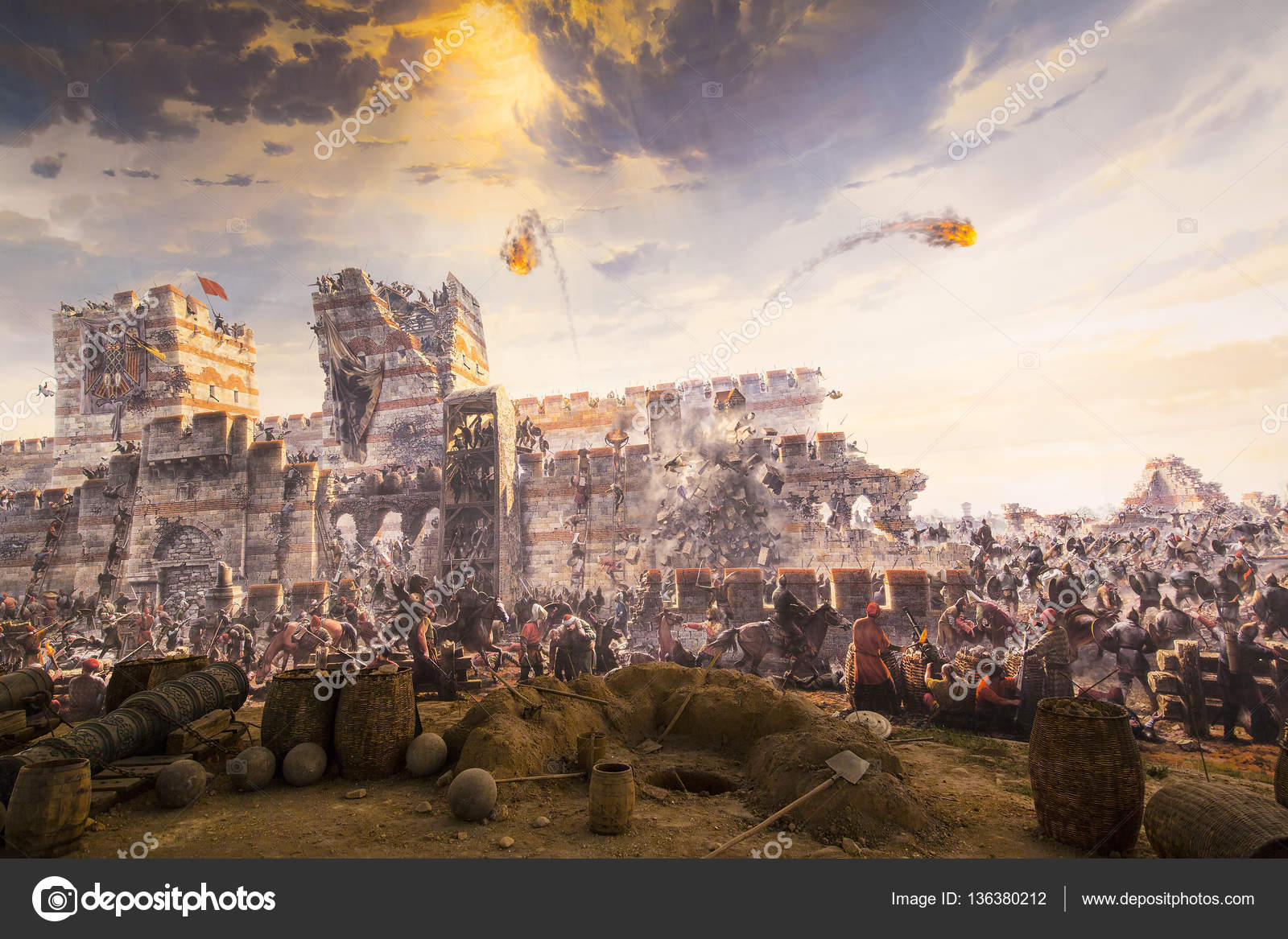

Runciman is an excellent auditor, one who never bends to sentiment or stereotype. The Ottomans conversely were progressing, utilizing technology and a mighty military to make enroads across the map.

Constantinople was in a steady decline since Christian crusaders sacked it 250 years before. There is evidence of a longer war between Mediterranean neighbors, religion just makes it sexier. Revisionists may wrong their hands and point to the long war between Islam and the West. Publicly though this collapse was regarded with outrage but not action. Many at the time, may have thought good riddance. This is an often harrowing account of the bitter end of the Byzantine empire, that eastward extension of the Roman Imperium. Most of Runciman's historical works deal with Byzantium and her medieval neighbours between Sicily and Syria one exception is The White Rajahs, published in 1960, which tells the story of Sarawak, an independent nation founded on the northern coast of Borneo in 1841 by the Englishman James Brooke, and ruled by the Brooke family for more than a century. From 1942 to 1945 he was Professor of Byzantine Art and History at Istanbul University, in Turkey, where he began the research on the Crusades which would lead to his best known work, the History of the Crusades (three volumes appearing in 1951, 1952, and 1954). His work on the Byzantine Empire earned him a fellowship at Trinity in 1927.Īfter receiving a large inheritance from his grandfather, Runciman resigned his fellowship in 1938 and began travelling widely.

Bury, becoming, as Runciman later commented, "his first, and only, student." At first the reclusive Bury tried to brush him off then, when Runciman mentioned that he could read Russian, Bury gave him a stack of Bulgarian articles to edit, and so their relationship began. In 1921 he entered Trinity College, Cambridge as a history scholar and studied under J.B. While there, they both studied French under Aldous Huxley.

A King's Scholar at Eton College, he was an exact contemporary and close friend of George Orwell.


 0 kommentar(er)
0 kommentar(er)
